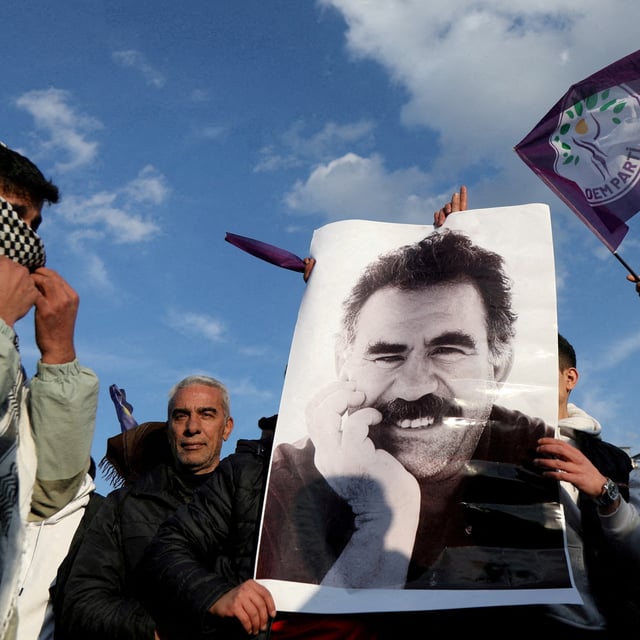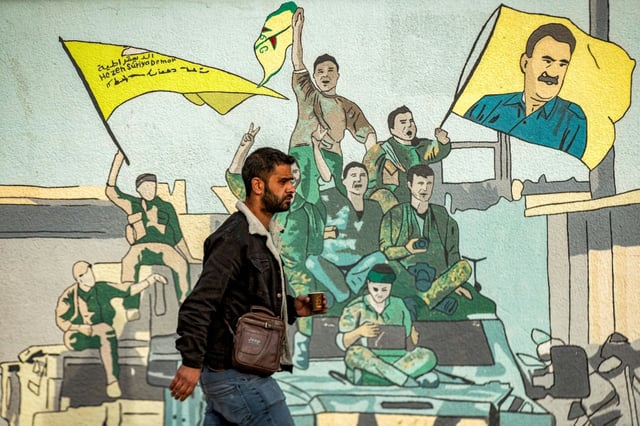Overview
- The Kurdistan Workers' Party (PKK) has formally dissolved its organizational structure and ended its armed struggle, as announced on May 12, 2025, after a congress in northern Iraq.
- The decision follows a February appeal by imprisoned leader Abdullah Ocalan, who urged the group to disband and pursue Kurdish rights through democratic politics.
- Turkey's government, led by President Erdogan, has welcomed the announcement as a step toward a 'terror-free Turkey' and is closely monitoring the disarmament process, expected to take several months.
- Key details, including the handling of weapons, the reintegration of fighters, and potential political concessions for Kurdish groups, remain unclear and are under negotiation.
- The disbandment could reshape regional dynamics, particularly in Syria and Iraq, where Kurdish militias have ties to the PKK, raising questions about compliance and broader Kurdish alignment.



